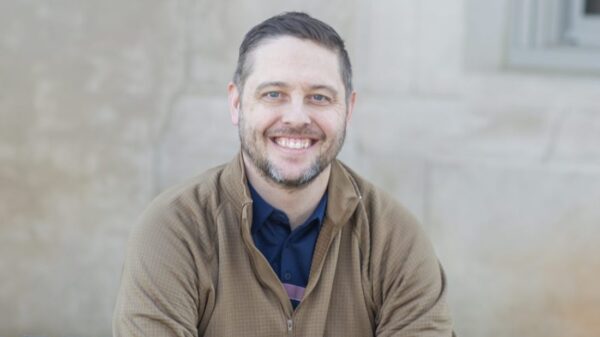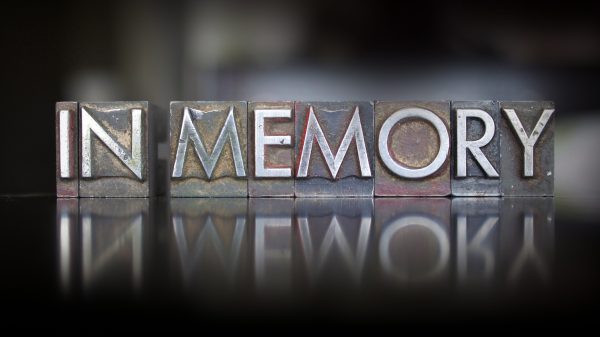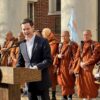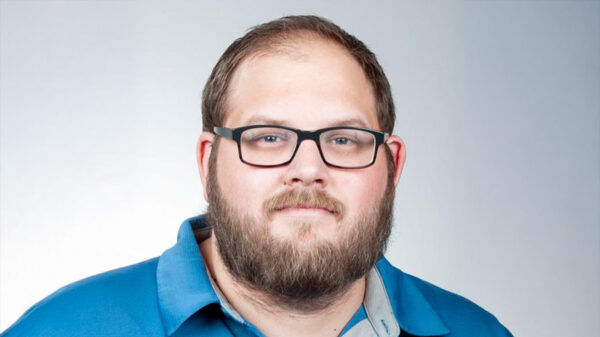By Bill Britt
Alabama Political Reporter
MONTGOMERY—The Alabama House Health Committee held a special call meeting to hear the pro and cons of medical marijuana use. The committee, chaired by Representative Doctor Jim McClendon (R-Springville), took up the issue before an audience of around one hundred people. “Our topic today is medical marijuana its advantages and disadvantages,” McClendon said. “We are not here to talk about any specific House bill. We are here to discuss the use of marijuana for medicinal and pharmaceutical purposes.”
He then explained to those in attendance that he would not, “Tolerate any outbursts applause or cheers or jeers.”
There has been a somewhat contentious relationship with those who advocate medical marijuana and members of the State House. McClendon seemed to want to make clear that the meeting would be conducted with the proper decorum. After the hearing McClendon explain that, he held the meeting because of his respect for State Representative Patricia Todd (D-Jefferson County), “She is a good advocate and goes about her business in a very professional manner and I have a lot of respect for her.” McClendon says he doesn’t agree with her on this issue “but I respect her and wanted to give her an opportunity to voice her position, and for those who support her to be heard as well.”
Todd has for the last several years introduced legislation to legalize medical marijuana but the legislation has never made it out of committee. Todd was the first person to offer remarks before the committee. “I come here today knowing this is not an easy topic to talk about, but around the country a lot of states are starting to look at this relaxing laws, especially around the use of medical marijuana.”
Todd is the Associate Director of AIDS Alabama and has worked with those suffering from the disease for around 25 years. “When I first started working with AIDS patients we didn’t have medicine to treat people, the only thing we knew was people contracted AIDS and died 6 months later,” she said.
Todd continued by saying, “I have lost a lot of friend to this disease, I have seen a great deal of suffering. I have known people who could have receive great benefits from this treatment, they could have avoided endless suffering at the end of their lives.”
Billy Cox is perhaps the man who most inspired Todd to take up the cause of legalizing medical marijuana. “He was like a brother to me,” Todd said. “He died 15 years ago. The use of marijuana in his endstage was instrumental in his ability to eat and improve his quality of life.”
Todd then asked the health committee members to think about the person they most cared about in their lives. She asked them to imagine that the person was dying from cancer, she then looked at the members and said, “I believe you would do anything in your power to ease the suffering of that person.” She then asked that the member to give “those who see the benefits of marijuana medically, that we open up that opportunity to them.”
After Todd spoke, the chairman called on Dr. Michael T. Flanagan, a Dothan anesthesiologist and pain management physician. Flanagan spoke for around 4 minutes laying out his medical case against the use of marijuana to treat pain saying that cannabinoids had not proven consistent in pain relief and carried serious risks when smoked or ingested.
Randy Hillman of the District Attorneys’ Association expressed his members opposition to legalizing medical marijuana, saying that it would such a law would in effect be “creating a market” and inviting crime into the state. He also said that “[Mexican] cartels have ramped up their efforts in Alabama” already.
Towards the end of the hearing House Majority Leader Micky Hammon (R-Decatur) spoke to the gathered advocates and express the political challenge they faced saying, “”This would be a mighty large leap for us.” Hammon went on to tell the group that without more support there was no way that the legislature would ever consider passing such a bill into law. The lawmakers who make up the health committee seemed to share Hammon’s opinion.
McClendon seemed to echo Hammon when giving the medical marijuana advocates a view of the political landscape, “You don’t have the people behind you. You don’t have the legislature behind you and you don’t have the healthcare community behind you.”
However, Ron Crumpton, co-president of AMMJC (Alabama Medical Marijuana Coalition) said after the meeting concluded, “While we were not allowed to comment specifically about the bill, that is all they [the Committee] did.” Crumpton said he took exception with Majority Leader Hammon “coming down and talking about how hard it is to pass a bill.”
Crumpton says that the actions of McClendon and House Speaker Mike Hubbard “shows that they do not support this legislation. They have been trying to kill this bill since they took over the House.” He says that passing a medical marijuana law has an “amazing amount of support in this state, it deserves a legitimate hearing and a vote.”
Many advocates have pointed to the fact that just last week, voters in Colorado, Washington State and Oregon voted on initiatives to legalize the recreational use and sale of marijuana in their respective states. Only residents of Oregon rejected the move. On the same day, the people of Massachusetts joined 17 states and the District of Columbia in electing to allow medical use of the drug. However, in a Red State like Alabama the passage of such a law would be nearly impossible.
However, Todd said, “This is the beginning of the conversation,” one that is perhaps destined to be a long one.



















































